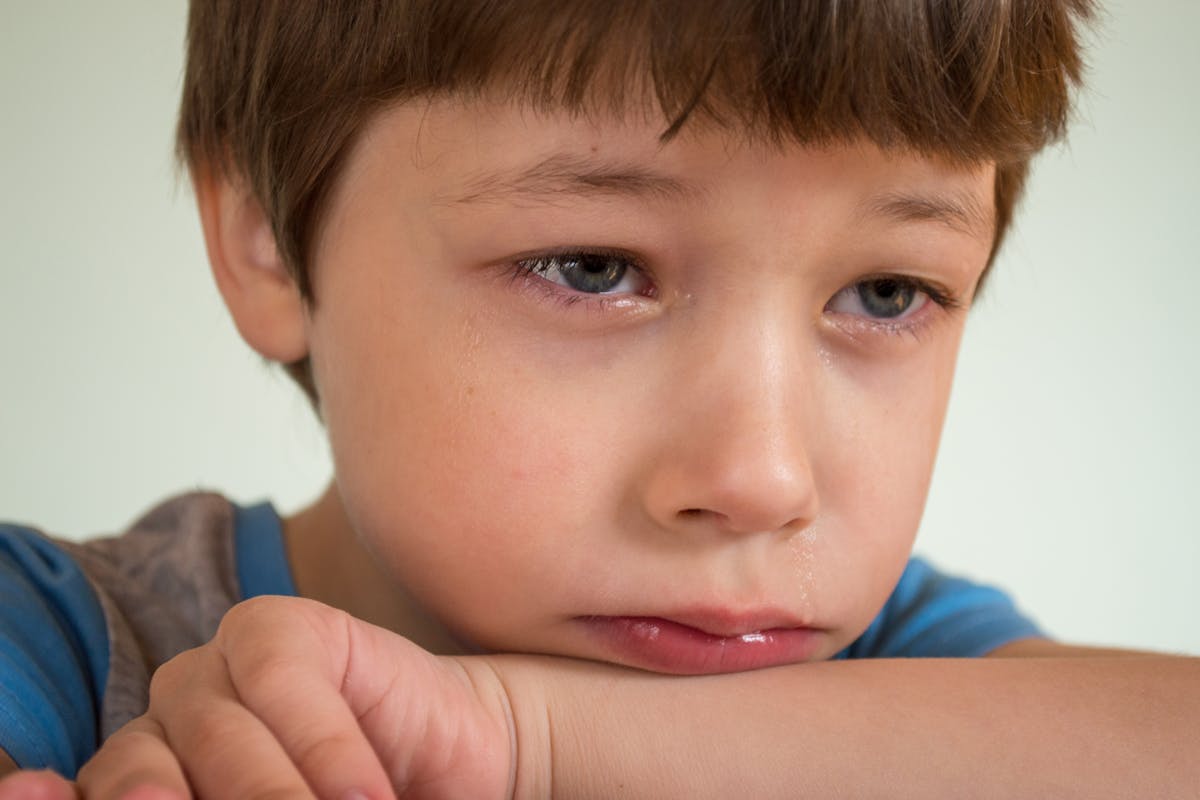
Divorce and Children – Psychologist Reveals How to Reduce Negative Consequences
There is much you can do to strengthen your children's resilience and avoid consequences.
Divorce is a process for which no one is fully prepared – neither legally nor emotionally. When couples with children decide to part ways, their greatest concern becomes how to make this turbulent process as painless as possible for the youngest, reports Index.hr.
Parents who turn to experts often want to understand the real consequences of divorce and, most importantly, learn how to mitigate them, writes Psychology Today.
The Key is Resilience
Clinical psychologist Ann Gold Busho points out that some children may suffer the consequences of their parents’ divorce, but this does not mean that every child will.
“Although statistics indicate risks, many children of divorced parents grow into stable and well-adjusted individuals. The key lies in resilience, which is built with the help of several key factors,” she emphasizes.
The most important of these is the parents’ ability to reduce or eliminate conflicts between them. When parents can cooperate, children feel safer.
It is equally important that both parents remain actively involved in their children’s lives after the divorce. Stability should be a priority, which means fewer relocations and ensuring financial security at home.
Research confirms that joint custody and cooperative parenting are associated with better outcomes for children, including higher self-esteem and better academic performance.
On the other hand, parents who fail to do this and face financial difficulties unfortunately increase the risks for their children.
Concrete Steps to Protect Children
Although studies may seem alarming, there is much you can do to strengthen your children’s resilience and avoid the above-mentioned risks.
Early intervention is crucial – don’t wait for problems to arise.
Commit to reducing conflict with your ex-partner and work on improving communication so that your children feel cared for and supported by both sides.
Maintain a stable and consistent environment while your children move between homes.
Provide them with emotional support, encouragement, and guidance.
Avoid alienating your children from the other parent, as they need both their father and mother.
Do not hesitate to seek professional help in time, whether through therapy groups for children or counseling for you and your ex-partner.





